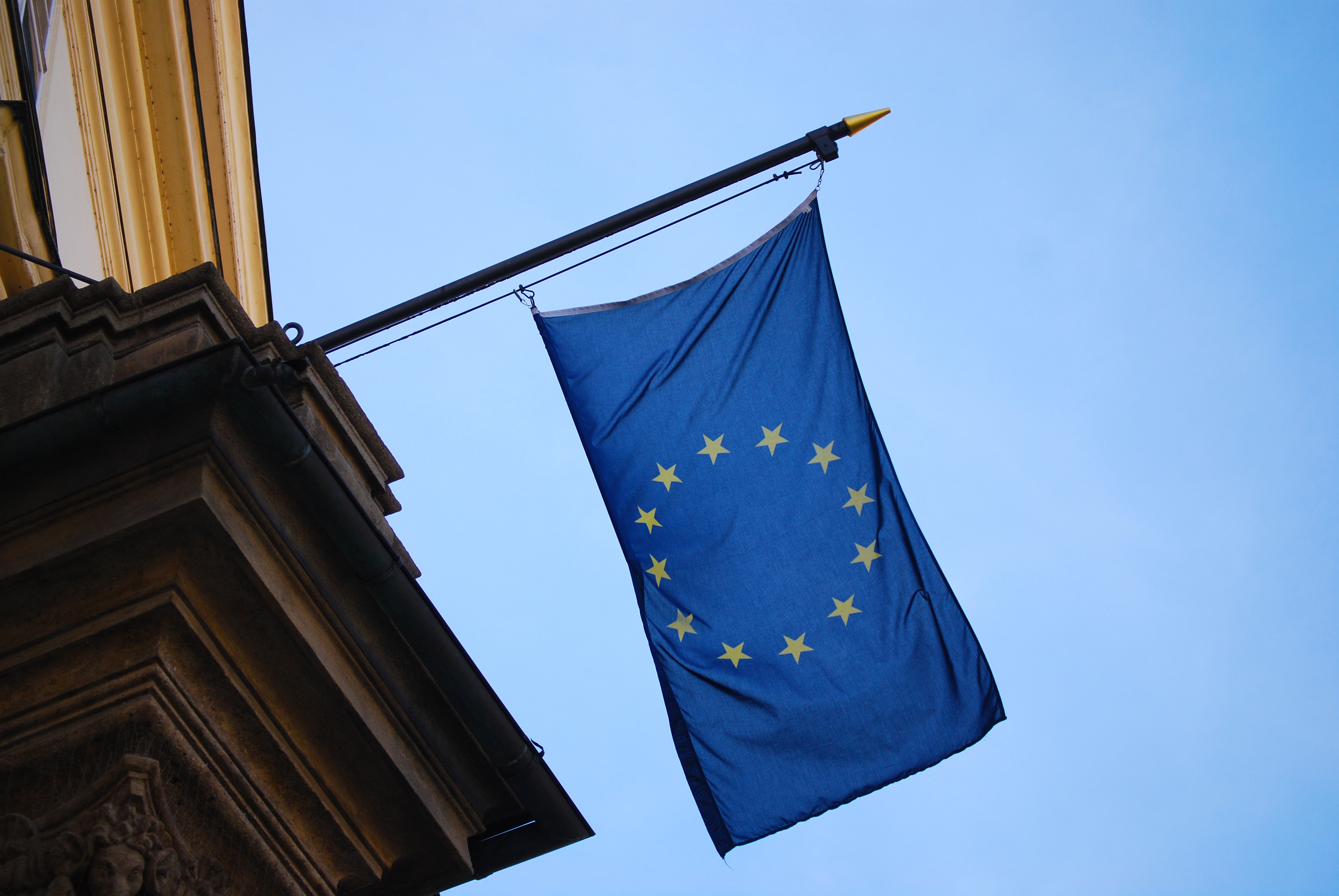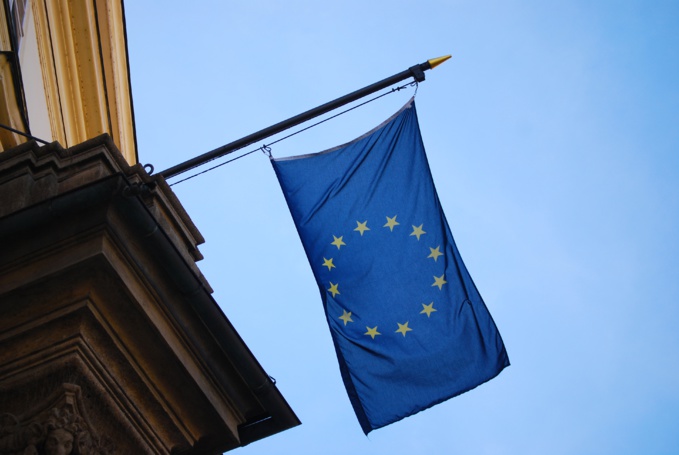However, economists predict that the main difficulties will begin on May 3, when absolutely all countries, including deferred China, India, Japan, South Korea, Turkey, Italy, Greece and Taiwan, will risk bringing the wrath of Washington and sanctions when buying the Iranian oil.
Of course, few dare to disobey. Beijing has already expressed a "strong" protest against the threats of the United States to impose sanctions on countries that buy Iranian oil, because they violate rights and interests of the Eastern country. First of all, except for China itself, the threat is related to India and Turkey, who are buying oil from Tehran even now, although it is significantly less than before November 2018.
France does not buy oil from Iran, but it nevertheless continues to remain committed to the 6 + 1 agreement, according to which Tehran promised to withdraw its nuclear program in exchange for sanctions and which the United States unilaterally left after Donald Trump came to power.
The position of Paris was also supported by Brussels, who announced continuing efforts to rescue the nuclear deal with Iran and assist it while it fulfills conditions of the Joint Comprehensive Plan of Action (JCPOA), better known as the Iran nuclear deal.
“We regret the United States’ announcement about the refusal to extend permits for purchase of oil,” European Commission spokeswoman Maja Kocijančič told reporters in Brussels. “This decision further jeopardizes implementation of JCPOA, a key element of the global nuclear nonproliferation architecture approved by the UN Security Council".
Europe’s perseverance in defending a nuclear deal runs the risk of deterioration in relations with the United States. It is not surprising that the leader of the struggle is France, which Foreign Ministry, unlike the Foreign Ministry of Germany and Great Britain, announced its disagreement with the decision of Washington. France is the main anti-American "troublemaker" in the Old World. It is enough to recall the recent demonstrative refusal to agree to resumption of negotiations between the United States and the European Union on the conclusion of a trade agreement.
Recall that in order to support Iran and European companies, Germany, France and the United Kingdom have already created the Instrument to Support Trade Exchanges (INSTEX), which will allow European companies that continue to work with Iran to bypass the US sanctions. The French Foreign Ministry said that it is close to completion.
Deputy Head of the US Treasury Department, Sigal Mandelker, who is responsible for US sanctions, said last December that she didn’t care about the European mechanism at all because it would be ineffective. The US ambassador to the EU, Gordon Sondland, even called INSTEX a “paper tiger”, unambiguously hinting at its uselessness.
However, most likely, this is only about putting up a brave front. Threats from overseas to countries where they could register the mechanism show that Americans are alarmed.
source: reuters.com
Of course, few dare to disobey. Beijing has already expressed a "strong" protest against the threats of the United States to impose sanctions on countries that buy Iranian oil, because they violate rights and interests of the Eastern country. First of all, except for China itself, the threat is related to India and Turkey, who are buying oil from Tehran even now, although it is significantly less than before November 2018.
France does not buy oil from Iran, but it nevertheless continues to remain committed to the 6 + 1 agreement, according to which Tehran promised to withdraw its nuclear program in exchange for sanctions and which the United States unilaterally left after Donald Trump came to power.
The position of Paris was also supported by Brussels, who announced continuing efforts to rescue the nuclear deal with Iran and assist it while it fulfills conditions of the Joint Comprehensive Plan of Action (JCPOA), better known as the Iran nuclear deal.
“We regret the United States’ announcement about the refusal to extend permits for purchase of oil,” European Commission spokeswoman Maja Kocijančič told reporters in Brussels. “This decision further jeopardizes implementation of JCPOA, a key element of the global nuclear nonproliferation architecture approved by the UN Security Council".
Europe’s perseverance in defending a nuclear deal runs the risk of deterioration in relations with the United States. It is not surprising that the leader of the struggle is France, which Foreign Ministry, unlike the Foreign Ministry of Germany and Great Britain, announced its disagreement with the decision of Washington. France is the main anti-American "troublemaker" in the Old World. It is enough to recall the recent demonstrative refusal to agree to resumption of negotiations between the United States and the European Union on the conclusion of a trade agreement.
Recall that in order to support Iran and European companies, Germany, France and the United Kingdom have already created the Instrument to Support Trade Exchanges (INSTEX), which will allow European companies that continue to work with Iran to bypass the US sanctions. The French Foreign Ministry said that it is close to completion.
Deputy Head of the US Treasury Department, Sigal Mandelker, who is responsible for US sanctions, said last December that she didn’t care about the European mechanism at all because it would be ineffective. The US ambassador to the EU, Gordon Sondland, even called INSTEX a “paper tiger”, unambiguously hinting at its uselessness.
However, most likely, this is only about putting up a brave front. Threats from overseas to countries where they could register the mechanism show that Americans are alarmed.
source: reuters.com



















